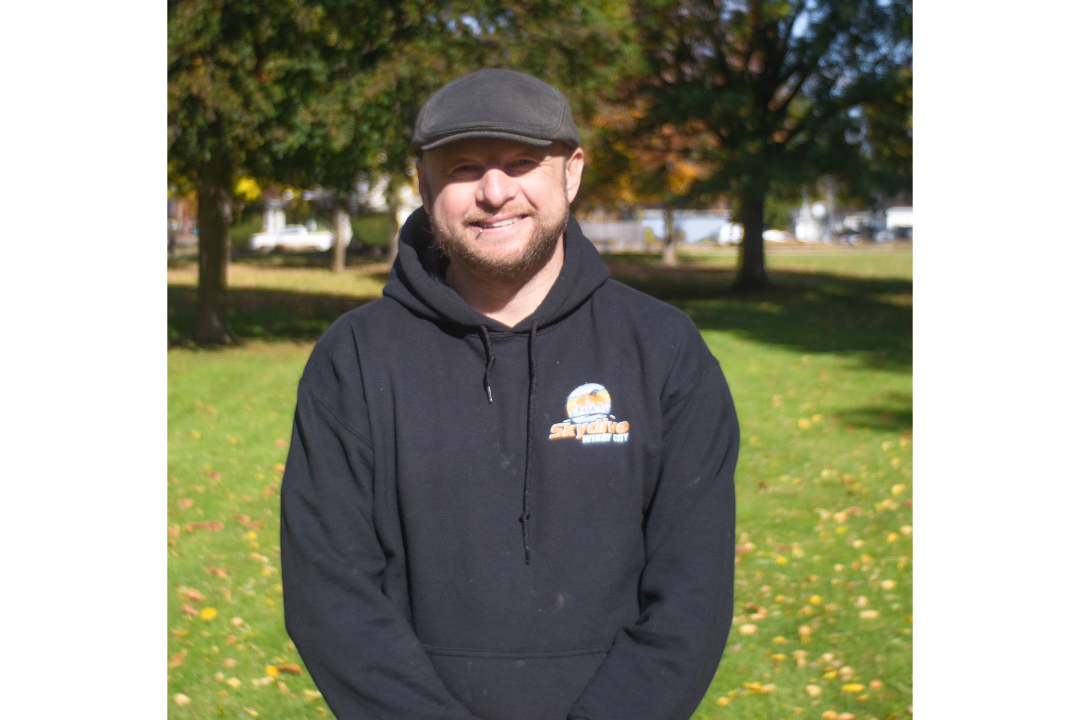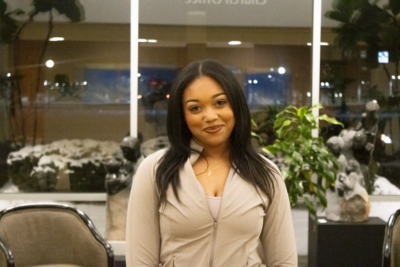College-aged men today are facing a silent crisis. A recent Gallup Poll shows that 1 in 4 men in the US, between the ages of 15 to 34, report higher rates of loneliness, and are far less likely to talk about it.
They have been convinced that men are expected to handle these feelings of loneliness on their own, per the quintessential archetype of a man nobly suffering in silence. That silence doesn’t make the issue go away — it just suppresses it. And since loneliness is inextricably linked to emotions like sadness and anger, suppressing it by not opening up inevitably leads to it bubbling up. Often in ways we are unable to control, like irrational displays of anger, participating in risky behavior, numbing ourselves through substances or by disconnecting from reality through video games and social media.These displays are some of the more common ways I have seen men on our campus handle this loneliness, and I have three suggestions on how to help them.
My first suggestion is raising their level of emotional intelligence, which is often misunderstood and seen as soft. Emotional intelligence is being able to name, understand, and manage one’s emotions. It is shown to lead to better relationships, stronger leadership skills, and better overall mental health because it helps us communicate better, handle conflict more maturely and bounce back from setbacks faster.
Building emotional intelligence isn’t about becoming less masculine, it’s about expanding what masculinity can mean. This expansion involves learning the importance of building deeper connections with other men, which requires trust. Trust is built on sharing vulnerable things with others and not having it used against you.
My second suggestion is through health services continuing to organize bonus convocations on topics like healthy masculinity, providing a forum to educate students on this topic via lecture and group dialogues. Another is through our counseling center, which is always seeking to increase the number of male students using their services. Providing low barrier access to counselors who work regularly with college students is invaluable. These professionals are able to support students from a place of understanding our unique campus culture and the shared stressors that most students face. However, the solution requires our greatest asset – you, the students.
Many male students have told me they feel unable to actually talk about serious stuff with their friends, and are actively seeking an opportunity to go deeper in conversation with their male peers.
Thus my third suggestion is Unpacking My Masculinity (Uhmm…), the weekly men’s group I facilitate that provides a brave space where students are asked to be more authentic and embrace vulnerability through check-ins, dialogue and activities.
We also aim to increase our emotional intelligence and combat loneliness by cultivating healthier, supportive relationships. This is accomplished by creating and maintaining a culture of respect, integrity and accountability. Per one of our agreements, “stories stay and lessons leave,” we protect the ability to be authentic and vulnerable with the expectation of maintaining confidentiality.
What is said here will not be shared unless permission is granted. This also allows students to share what they’ve learned with their peers outside of the group. To be clear our mission is not to dictate what it does and does not mean to be a man for anyone – we expect you to unpack your own masculinity.
We avoid the use of shaming men into better behavior and prefer helping them find the intrinsic motivation to seek a better quality of life through more pro-social behavior. Sometimes that includes questioning traditional gender norms and expectations in order to help each of us define masculinity for ourselves. Sometimes it means being curious and asking someone to further explain their opinion or contribution, as we seek to better understand more than we just to agree. Since progress requires using our imaginations to find common solutions, we embrace the use of our imaginations to manifest a better world.
We imagine a campus where men feel open to talk about stress, heartbreak or family issues with the same openness they discuss music, movies or sports. We imagine having the self-confidence and strength to share personal aspects of our lives without fear of judgement or shame. We understand that improving men’s emotional well-being isn’t about blaming anyone or “fixing” masculinity, it’s about giving men permission to be fully human and experience the full range of emotions. Because our emotions can be a superpower, when properly managed. And with great power, comes great responsibility. We don’t believe masculinity is disappearing — it’s evolving. And the men who accept that responsibility by leaning into that evolution will lead less lonely and more connected lives.
So I’ll ask again. You good?




